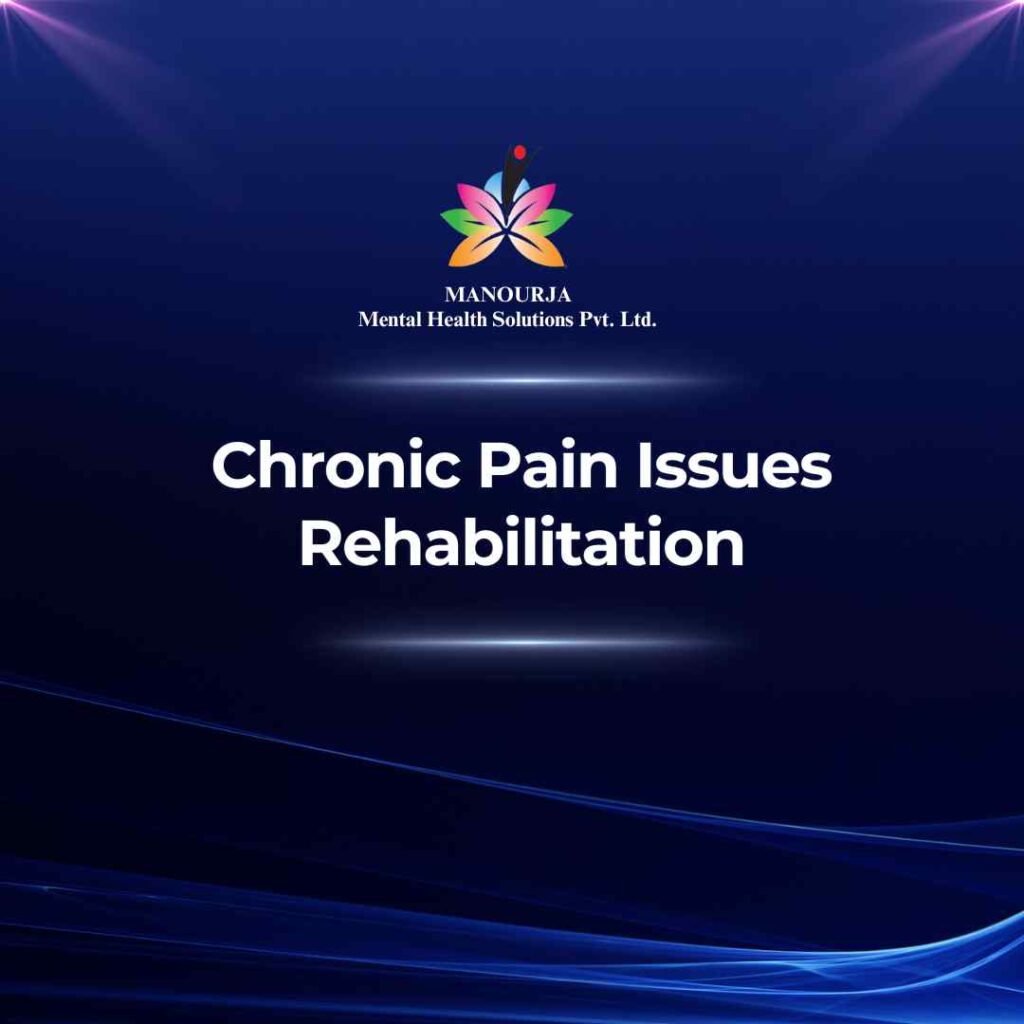Chronic Pain Issues Rehabilitation

Chronic pain is a complex condition that persists for weeks, months, or even years after the initial injury, or may occur in the absence of any past injury, affecting a person’s physical capabilities and mental health. Understanding its implications and available treatments is crucial for managing this condition effectively.
Signs and Symptoms of Chronic Pain Issues
- Persistent Pain: Pain that lasts longer than the typical healing time for an injury or occurs without a clear cause.
- Physical Limitations: Reduced mobility or incapacity in performing daily activities and tasks.
- Sleep Disturbances: Difficulty falling asleep or staying asleep due to pain.
- Emotional Distress: Feelings of sadness, anger, anxiety, or depression associated with ongoing pain.
- Fatigue: Chronic tiredness or diminished energy resulting from the constant management of pain.
- Cognitive Impairment: Problems with memory, attention, or problem-solving related to pain or its treatments.
Indicators for Outpatient Psychosocial Rehabilitation (OPD)
- Manageable Symptoms: Pain and related symptoms that can be managed on a scheduled basis without daily professional intervention.
- Stable Living Conditions: A supportive home environment where daily activities can be conducted with some independence.
- Active Participation: The patient is motivated to engage actively in outpatient treatment programs, including therapy sessions and exercises.
Indicators for Inpatient Psychosocial Rehabilitation (IPD)
- Severe Pain and Disability: Intense pain that severely limits functionality and quality of life, requiring intensive daily treatment and care.
- High Risk of Complications: Presence of other medical conditions worsened by chronic pain or the risk of severe psychological effects such as major depression or suicidal ideation.
- Ineffective Outpatient Management: Previous outpatient treatments have not sufficiently controlled the pain or its psychological effects.
Factors Influencing the Decision
- Severity of the Pain: More intense and debilitating pain may necessitate inpatient care to provide comprehensive management and support.
- Psychological Impact: The extent of mental health issues related to chronic pain can determine the need for more immersive psychosocial interventions.
- Social Support System: Availability and effectiveness of a support system at home that can help manage chronic pain symptoms.
How Psychosocial Rehabilitation Aids in Treating Chronic Pain Issues
Psychosocial rehabilitation for chronic pain aims to improve the patient’s coping mechanisms, enhance quality of life, reduce pain perception, and manage associated psychological conditions.
Techniques and Approaches Utilized at MANOURJA
- Cognitive Behavioral Therapy (CBT): Helps patients develop healthier thinking patterns and effective coping strategies for dealing with pain.
- Mindfulness-Based Stress Reduction (MBSR): Teaches mindfulness techniques to help patients manage stress and pain through better focus and awareness.
- Physical Therapy: Tailored exercise programs designed to increase strength, flexibility, and overall physical wellness.
- Occupational Therapy: Assists patients in improving their daily functional abilities, adapting activities to reduce pain impact.
- Group Therapy: Provides support and shared experiences from others dealing with chronic pain, enhancing emotional coping skills.
Steps Followed at MANOURJA for Rehabilitation
- Comprehensive Pain Assessment: Evaluation of the physical and psychological aspects of the patient’s pain.
- Development of a Personalized Treatment Plan: Creating a tailored approach that addresses both the physical symptoms and psychological impacts of chronic pain.
- Implementation of Therapeutic Strategies: Scheduled therapies and interventions to treat pain and improve mental health.
- Ongoing Evaluation: Continuous monitoring of progress and adaptation of treatments to ensure optimal outcomes.
- Aftercare Planning: Establishing long-term strategies for pain management and psychological support.
“Each small step in managing your pain is a giant leap towards reclaiming your life.”
